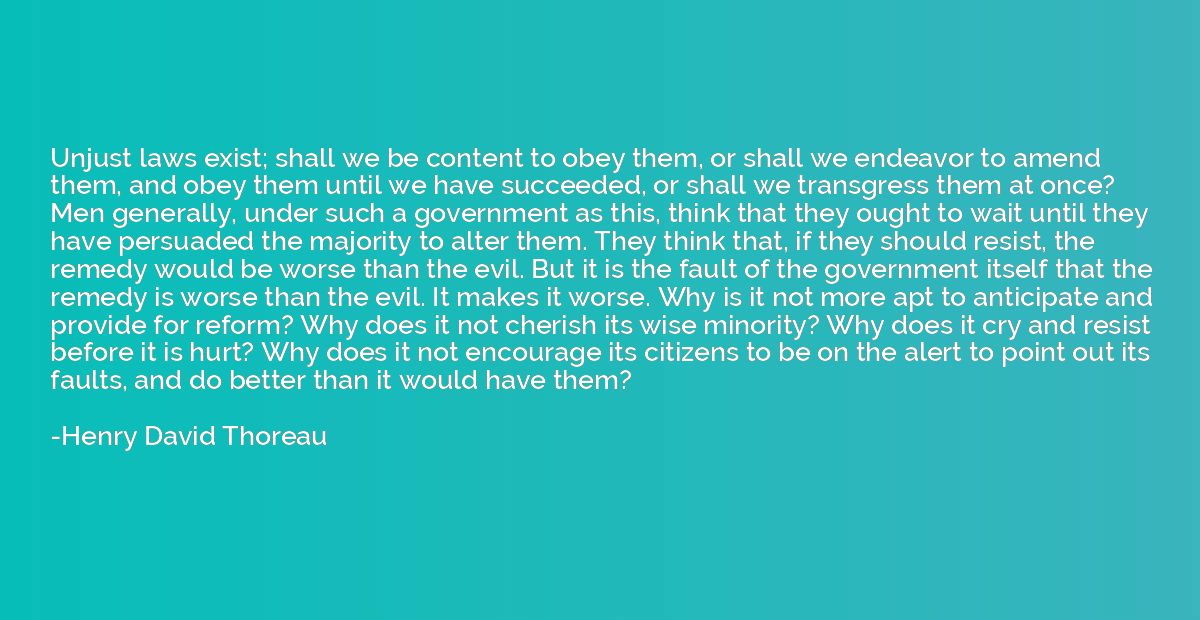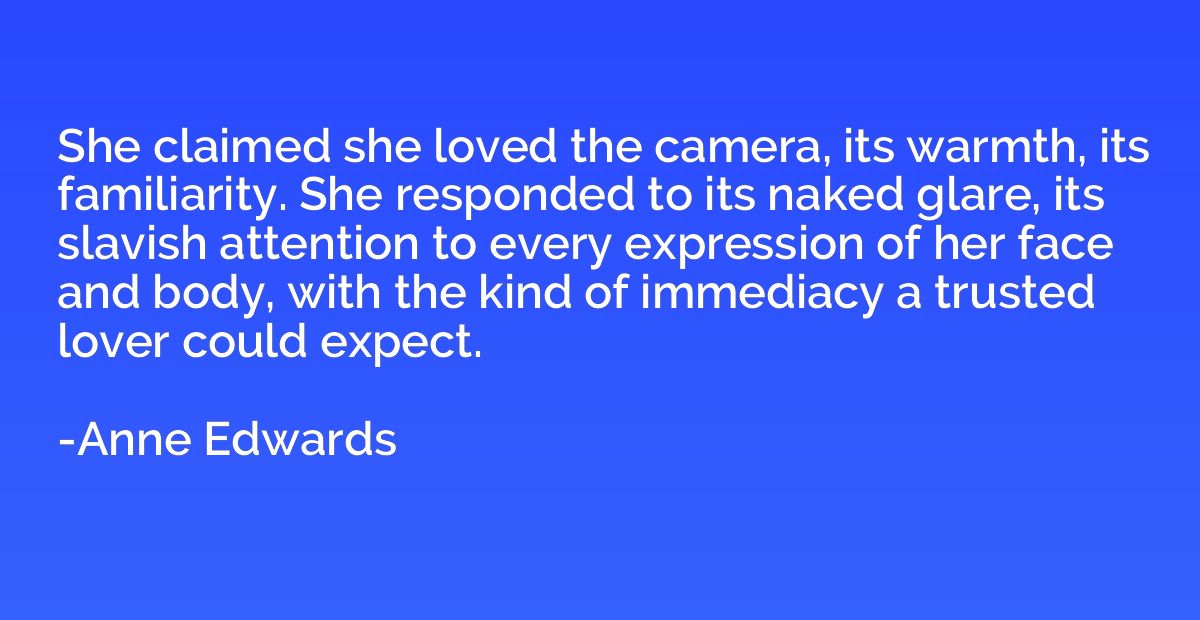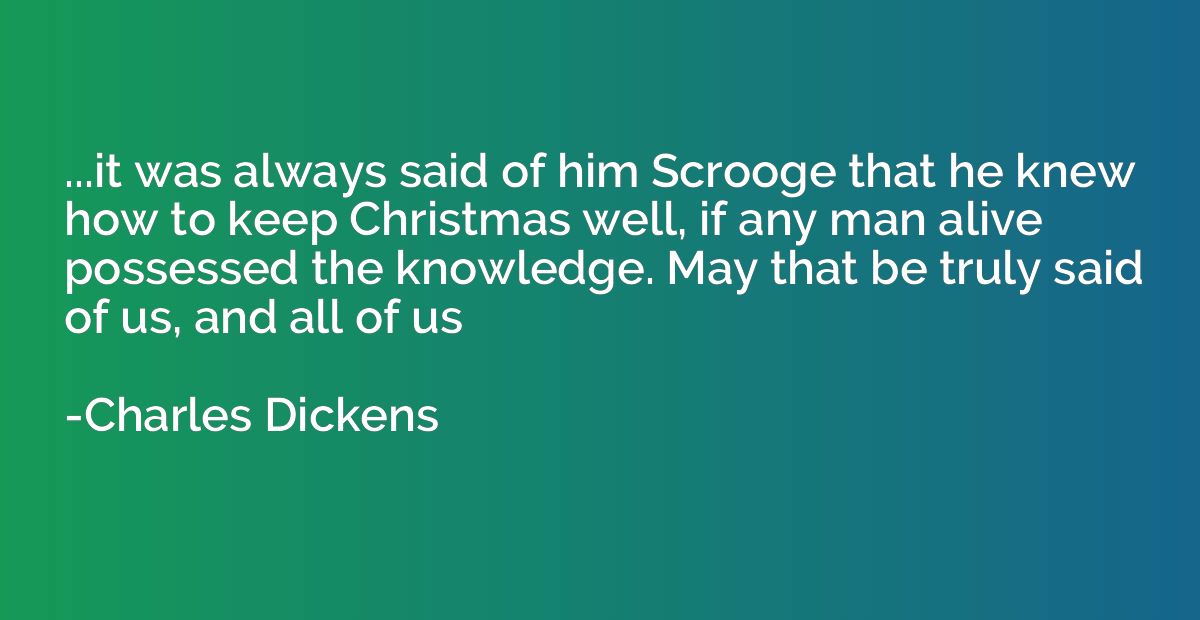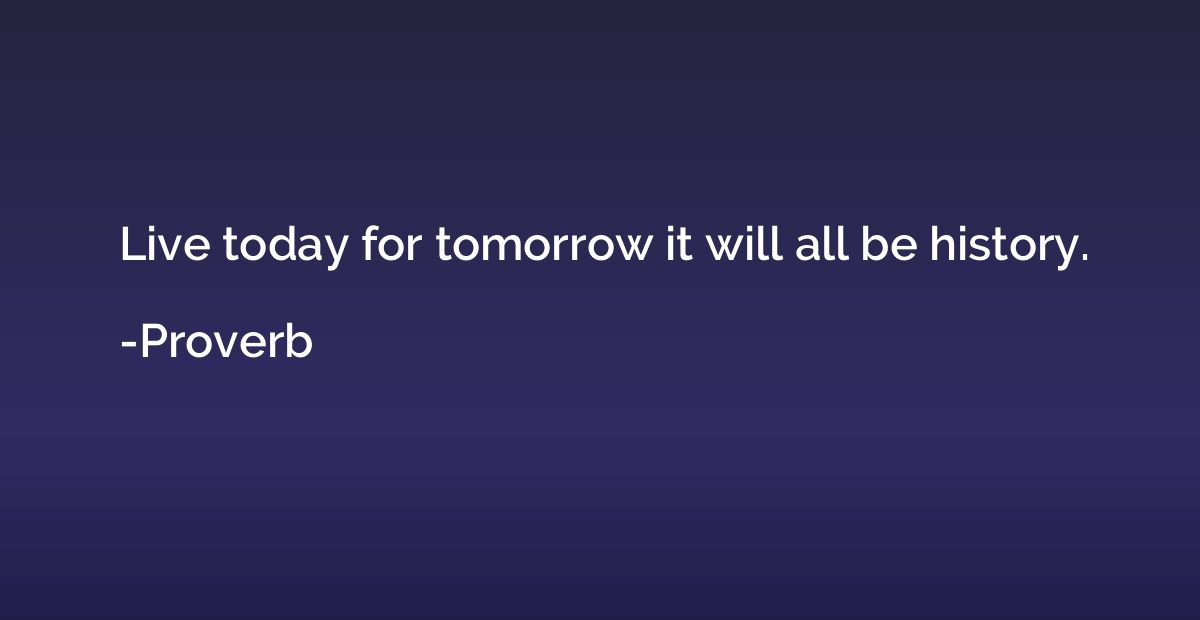Quote by Henry David Thoreau
Unjust laws exist; shall we be content to obey them, or shall we endeavor to amend them, and obey them until we have succeeded, or shall we transgress them at once? Men generally, under such a government as this, think that they ought to wait until they have persuaded the majority to alter them. They think that, if they should resist, the remedy would be worse than the evil. But it is the fault of the government itself that the remedy is worse than the evil. It makes it worse. Why is it not more apt to anticipate and provide for reform? Why does it not cherish its wise minority? Why does it cry and resist before it is hurt? Why does it not encourage its citizens to be on the alert to point out its faults, and do better than it would have them?

Summary
This quote by Henry David Thoreau explores the idea of obedience and resistance to unjust laws. Thoreau questions whether individuals should passively comply with unjust laws, seek to change them through persuasion, or outright defy them. He criticizes the view that resistance would only worsen the situation, suggesting that the government itself should be proactive in anticipating and addressing needed reforms. Thoreau calls for a government that values constructive criticism and encourages its citizens to be vigilant in pointing out faults. In essence, the quote challenges the notion of blind obedience and encourages active engagement in creating a just society.














